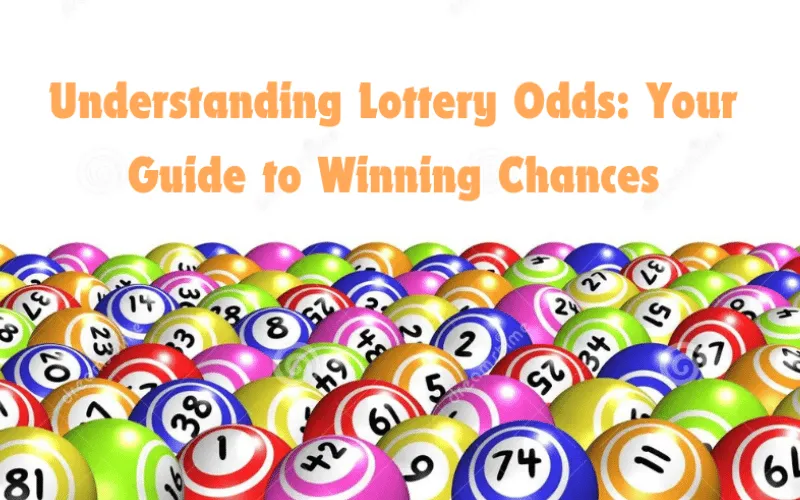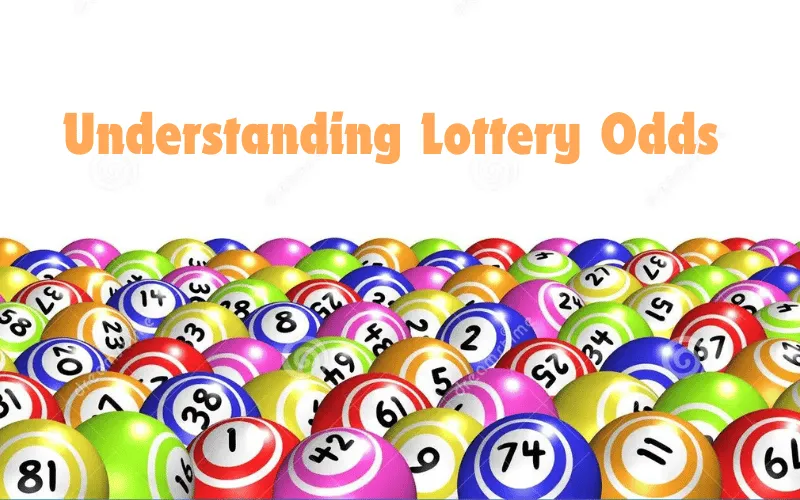
Understanding Lottery Odds: Your Guide to Winning Chances
Lottery odds refer to the probability or likelihood of winning a prize in a lottery game. These odds are typically expressed as a ratio or fraction, representing the number of possible winning outcomes compared to the total number of possible outcomes. For example, if the odds of winning a lottery are 1 in 10 million, it means there is one chance to win among ten million possible combinations.
Understanding Lottery Odds
Understanding Lottery Odds can help you make more informed decisions about which games to play and how to manage your expectations. While it doesn’t improve your actual chances of winning, it can guide you to choose games with better odds or strategize your play to maximize potential returns.
What Are Lottery Odds?
Lottery odds refer to the probability of winning a prize in a lottery game. These odds are determined by the total number of possible outcomes in a game. For example, if a lottery game requires you to choose 6 numbers from a pool of 49, the odds of winning the jackpot are calculated based on the number of ways you can choose those 6 numbers out of 49. The odds are typically expressed as a ratio or fraction, such as 1 in 13,983,816.
How Are Lottery Odds Calculated?
The calculation of lottery odds involves combinatorial mathematics. For a simple lottery game where you choose 6 numbers from a pool of 49, the odds of winning the jackpot are calculated using the combination formula. This formula accounts for all the possible combinations of numbers that can be drawn, giving you the probability of your specific combination being the winning one.
Why Understanding Odds Is Important

- Informed Choices: By understanding the odds of different Lottery Games, you can choose to play those with better odds of winning. Choose games with better odds for more frequent wins, even if the prizes are smaller.
- Expectation Management: Knowing the odds can help you manage your expectations. Lottery odds with massive jackpots often have extremely long odds, meaning the chances of winning are very slim. Understanding this can prevent disappointment and help you play responsibly.
- Strategic Play: Although lottery outcomes are random, knowing the odds can influence your gameplay. For example, joining a lottery pool with friends or colleagues can improve your collective odds of winning, even if the prize is shared.
Choosing Games with Better Odds
Not all lottery games are created equal. Some offer better odds of winning smaller prizes, while others offer long odds but the chance at a life-changing jackpot. Here are a few tips for choosing games with better odds:
- Smaller Jackpots: Games with smaller jackpots often have better odds of winning. If your goal is to win more frequently, these games can be a better choice.
- Fewer Numbers to Match: Lotteries that require you to match fewer numbers typically have better odds. Choosing 4 numbers out of 30 usually has better odds than choosing 6 out of 49.
- Regional Lotteries: Smaller, regional lotteries often have better odds than national lotteries. These games might not offer the same huge jackpots, but they can still provide significant prizes.
The Role of Probability in Lottery Odds
Understanding how probability influences lottery odds is essential for grasping the mechanics behind Lottery odds. Probability, in this context, refers to the likelihood of a specific outcome occurring among all possible outcomes. In lottery terms, it calculates your winning odds based on chosen numbers and total combinations.
Combinatorial Calculations
The Lottery jackpot odds depend on possible number combinations. For instance, if a lottery requires you to pick 6 numbers from a pool of 49, the number of possible combinations is calculated using the combination formula:
(496)=49!6!(49−6)!\binom{49}{6} = \frac{49!}{6!(49-6)!}(649)=6!(49−6)!49!
This formula computes the total number of unique ways you can select 6 numbers from 49, which directly correlates with the probability of any specific combination being drawn.
Probability of Winning
Understand combinations to calculate jackpot winning probability with one ticket. For example, if there are 13,983,816 possible combinations in a 6/49 Lottery odds, your probability of winning with one ticket is 113,983,816\frac{1}{13,983,816}13,983,8161.
Impact on Prize Distribution
Probability also affects the distribution of prizes in this games. Lower-tier prizes with fewer numbers matched have better odds due to more possible winning combinations compared to the jackpot.
Conclusion
Understanding this is a key part of playing the lottery smartly. While not affecting your odds of winning, it aids in selecting games and strategizing effectively. By choosing games with better odds and managing your expectations, much like in Sattamatkazs, you can enjoy the this responsibly and possibly maximize your potential returns.